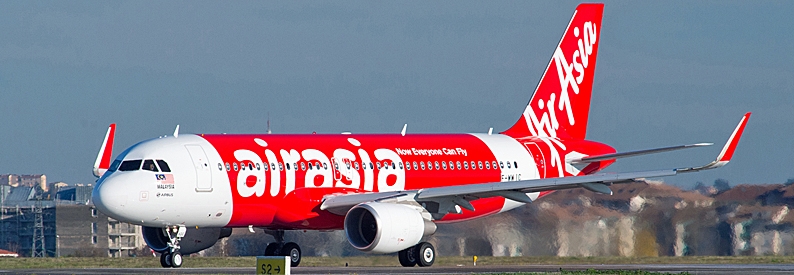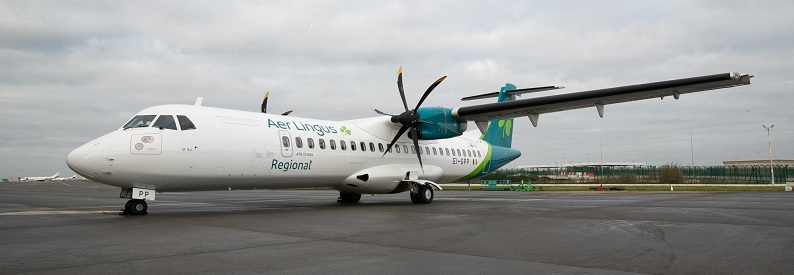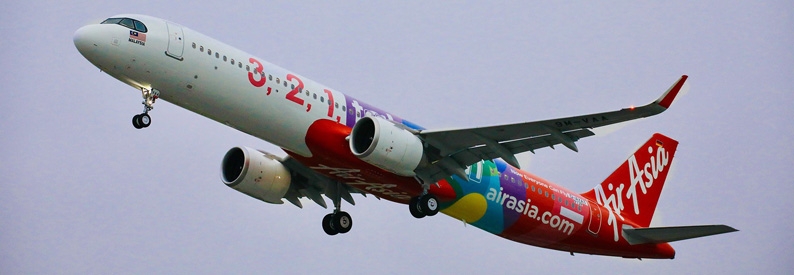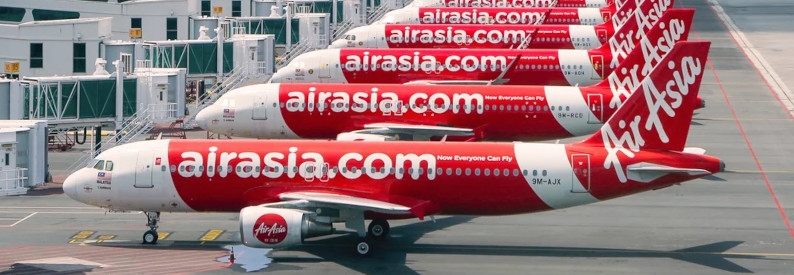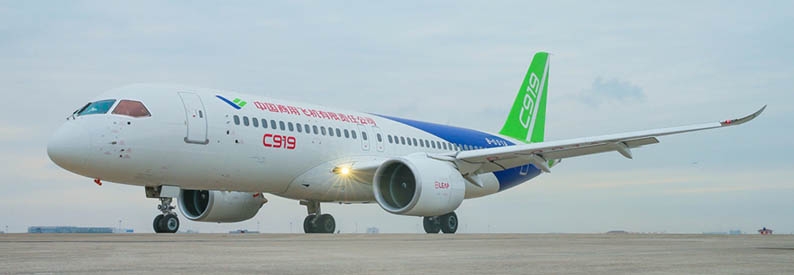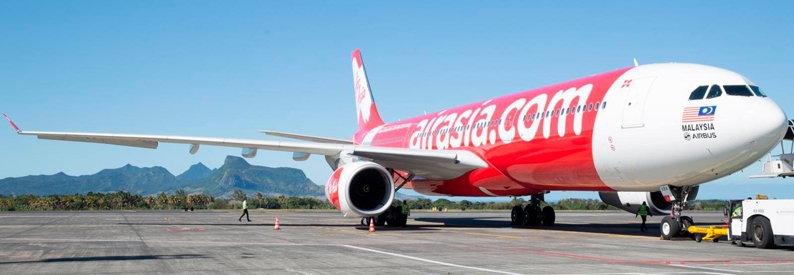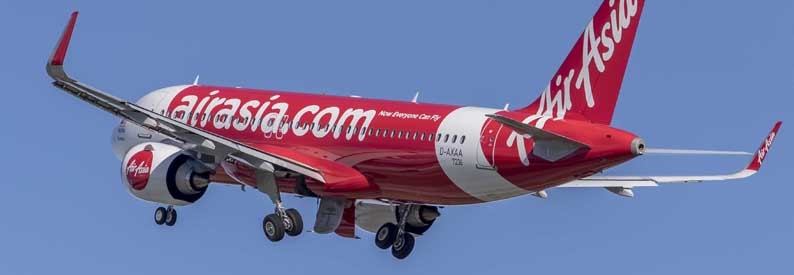AirAsia Group is eyeing an expansion of existing services as well as new services in South and Central Asia to capitalise on the growing middle class there, and it also wants to capture some of the labour traffic in and out of the region, according to Routes Online.
Karen Chan, AirAsia Group CCO, said that the AirAsia (AK, Kuala Lumpur International) parent was considering acquiring air operator's certificates (AOCs) in certain markets in the region.
"We are also looking at the Indian subcontinent. With the increase of the middle class in both Bangladesh and Pakistan, there is an opportunity to leverage that because of their population sizes," she said. "The labour traffic is significant. Can we use the labour traffic outbound from Bangladesh, Nepal, and Pakistan, as well as inbound to Bangladesh as a stepping stone to go to the Middle East? We’re therefore looking at that as a possible hub."
Capital A, the Malaysia-based entity that owns stakes in various AirAsia brands around the region, recently sold its 16.33% holding in AirAsia India, now AIX Connect, to Tata Sons, scaling back its presence in India. However, AirAsia maintains some flights into the subcontinent from Kuala Lumpur. None of the AirAsia Group airlines presently fly into Nepal or Pakistan.
"We are exploring Central Asia too," said Chan. "We’ve been talking to the Uzbeks and Kazakhs for many years, and now with the whole situation in Ukraine there are 300,000 Russians stuck in Kazakhstan. Europe has closed the doors on Russia so where can they go? I think there’s an opportunity, but it may not be in the immediate future."
Chan said the group's international capacity is back to 60-65% of pre-pandemic levels and will continue to recover as China reopens. In the short to medium-term, AirAsia Group will increase its focus on international flights because of strong demand and healthy yields. She added that 50 new routes will open across the various AirAsia brands this year, albeit not in the South and Central Asian markets. Instead, AirAsia flight movements can be expected to increase at Johor Bahru, Medan Kuala Namu, and Banda Aceh, while the group also wants to develop Cebu as a hub.
- Type
- Base
- Aircraft
- Destinations
- Routes
- Daily Flights

